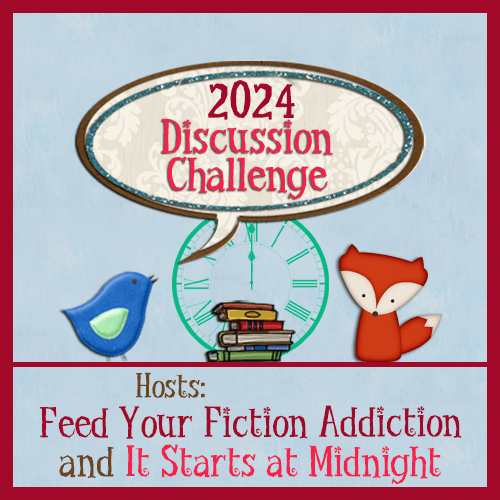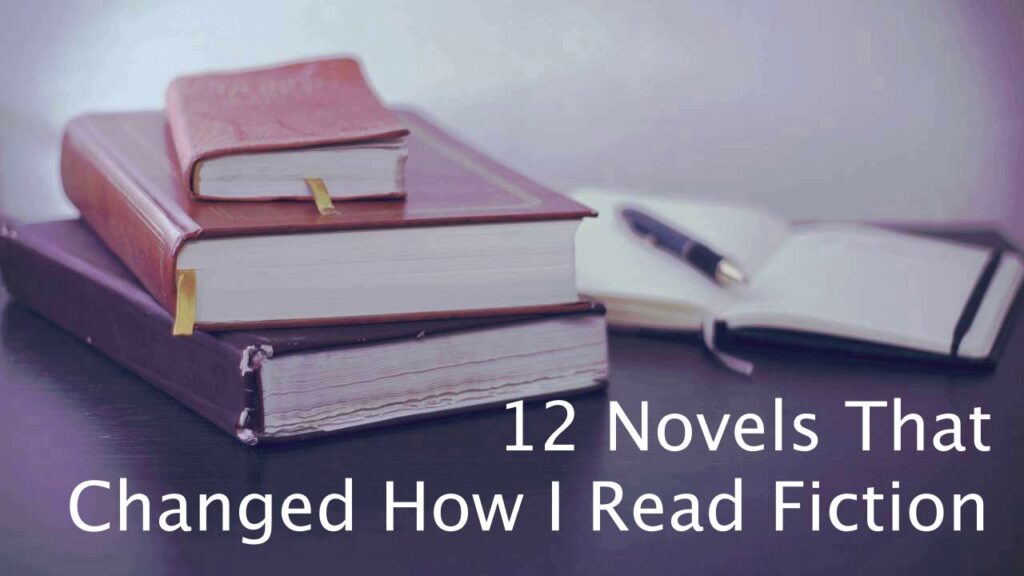Related Posts:
- Introduction & #1 All the King’s Men
- #2 A Portrait of the Artist as a Young Man & #3 The Murder of Roger Ackroyd
Thanks to these two bloggers for sponsoring the annual Blog Discussion Challenge:
- Nicole at Feed your Fiction Addiction
- Shannon at It Starts at Midnight


#4 The Church of Dead Girls by Stephen Dobyns
© 1997
Date read: 9/23/1997
I used to think that the most important consideration in any work of fiction is, hands down, point of view. But this novel made me realize that context is just as important. A first-person narrator tells this story, about three girls killed in a small town. As the search for the killer ratchets up tension in the town, local residents become suspicious on one another and begin to turn on their neighbors.
The novel deals not only with the credibility of the narrator, but also with the manifestations of fear, paranoia, and mob mentality. If Shirley Jackson had melded her novella We Have Always Lined in the Castle with her short story “The Lottery,” the result would probably have been similar to this novel. Dobyns uses his cultural context to examine the deepest, darkest regions of the human psyche, and both the context and the first-person point of view are necessary to the novel’s emotional impact.
© 2024 by Mary Daniels Brown



I’m a pretty unsophisticated reader. I wonder if I would have noticed all the psychological aspects that you encountered. I enjoy listening to books with my husband because he had more literature classes than me and is able to burrow down into the intent of the author better than me. One of the books he helped me grapple with was One Hundred Years of Solitude. Because of our discussion and the way the discussion caused me to go to other sources for helped really improved my understanding and my willingness to tackle hard books.